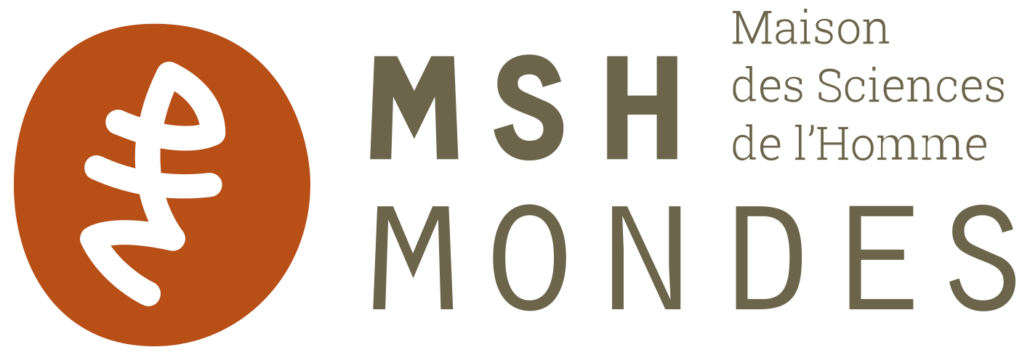| Current library | Call number | Status | Date due | Barcode |
|---|---|---|---|---|
| Aix-en-Provence : BiAA – Bibliothèque d’Antiquité d’Aix Libre accès | Af d 261 (Browse shelf(Opens below)) | Available | 0100000042662 | |
| Lyon : MOM - Bibliothèque de la Maison de l'Orient et de la Méditerranée Libre accès | REF AC8.C6. N6 2022 (Browse shelf(Opens below)) | Available | 155988 |
Bibliogr. en fin de contributions. Index
The historiography on Ancient North Africa is massive and still predominantly in French, though scholarship and archaeological research published in Italian, Spanish, English, German, and Arabic has increased notably since the 1970s. The main challenge facing those who wish to work in the field comes from the association of its historiography with French and Italian colonialism and its legacy. Having conquered and annexed Algeria in the mid-nineteenth century, the French authorities were deeply concerned with the long-term success of their colonial mission, which they saw as continuing in the footsteps of Rome in Africa. One avenue to this end was considerable investment in the discovery and analysis of the process-dubbed Romanisation--by which the Roman state was believed to have imposed its imperial culture and civilization on the polities, peoples, and landscape of the region. The history and archaeology of North Africa had seemingly much to lend to this program: among others a legacy not dissimilar to that of Roman Gaul and the importance of its Christian past through the great African fathers of the Church, Cyprian and Augustine. There was likewise an implicit concern, very much suited to the age of European imperialism and empire in the Middle East and North Africa, for succeeding where the Romans had obviously failed with the Arab conquest of the seventh century AD. This was especially important in Algeria. Napoleon III wanted an "Arab Kingdom" in his empire but following his defeat in the Franco-Prussian War and the advent of the French Republic Algeria became a French department. Henceforward the Arab identity of Algeria was to be denied and the Roman past was to be deployed to justify the negation of Algeria's history after the Arab conquest. The impact of this is still evident in the ambivalence felt by contemporary Algerian scholars and archaeologists of Antiquity towards the Roman period in North Africa. The establishment of the French protectorates in Tunisia (1881) and Morocco (1912), on the other hand, did not negate the official personality of either country, where the Bey of Tunis and the King of Morocco, a descendent of the prophet, remained in power. The Tunisians absorbed the Numidian, Carthaginian and Roman past, as did the Moroccans. Italy's entry into Libya (1911) were founded on the same premises. Italy's entry into Libya (1911) can be traced back to the Congress of Berlin in 1878 when Italy sought imperial possessions in North Africa alongside Britain and France. Italy's power in Libya remained tenuous until the execution of the rebel Omar Mukhtar 1931, after which the country was fully integrated into Italy as its "fourth shore." Libya's Roman past became central to the maintenance of Italian colonial power in the process.
(Source : éditeur)








There are no comments on this title.